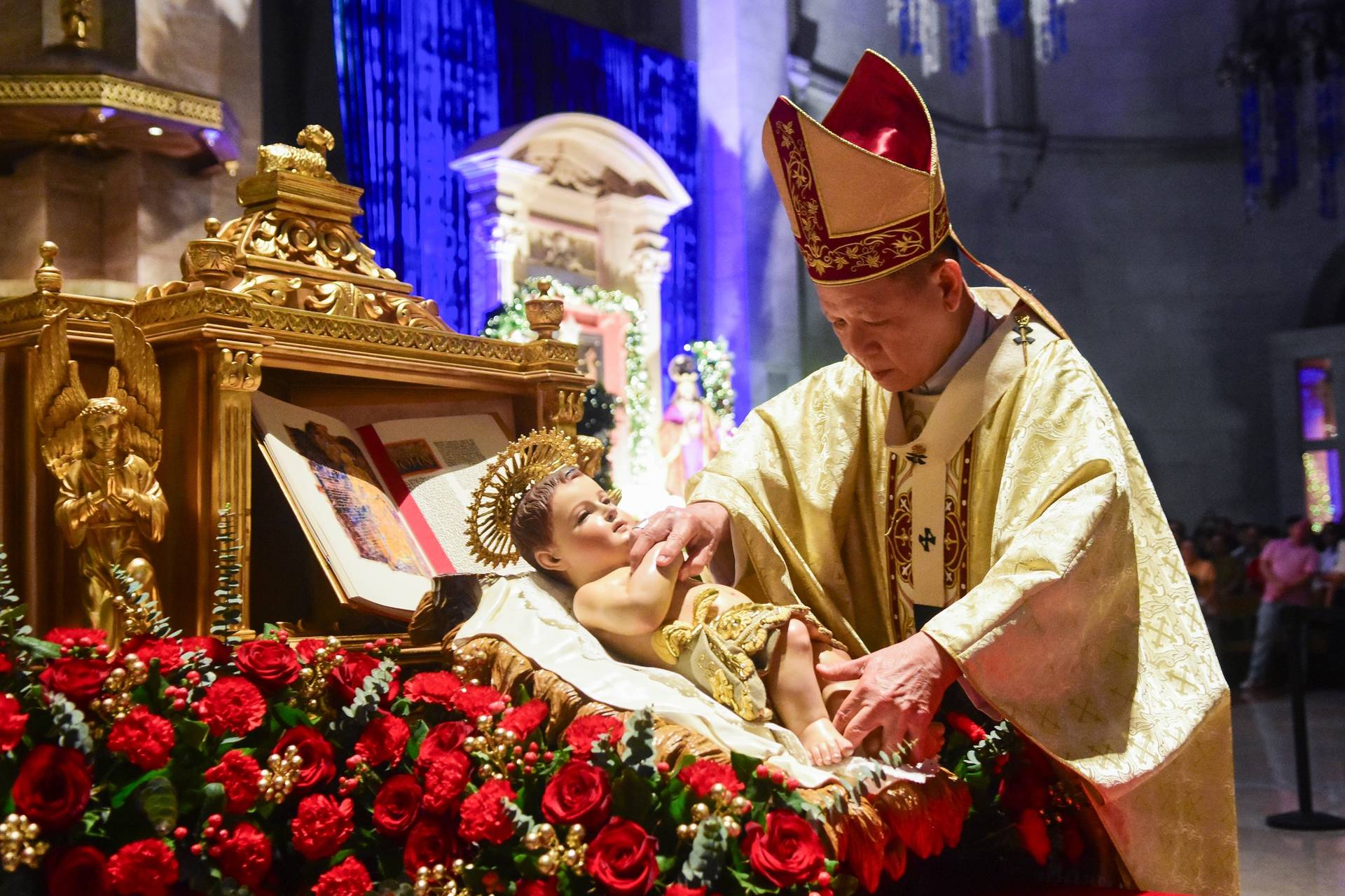Catholics will once again be over-represented among Washington, DC, lawmakers compared to the general population when the 114th Congress is sworn in Tuesday.
Nearly 31 percent of the incoming Congress identifies as Roman Catholic, compared to 22 percent of the overall population, according to Pew Research’s Religion and Public Life Project. Protestants also are over-represented, making up 57 percent of Congress vs. 49 percent of the population.
However, the share of Protestants in Congress has dropped 18 points since the 1960s, while members who identify as Catholic shot up 12 points. The expected leaders of both parties in the House are Catholic — Republican Speaker of the House John Boehner and Democratic Minority Leader Nancy Pelosi. On the Senate side, all Republican leadership positions are filled with Protestants, while Senate Democrats are led by Senator Harry Reid of Nevada, a Mormon, along with Catholics, Jews, and Protestants.
The Northeast has the largest share of Catholic lawmakers, at 32 percent.
About 5 percent of lawmakers identify as Jewish, compared to 2 percent of the overall population. Three percent of lawmakers identify as Mormon, close to the 2 percent of the general population. Other religions whose adherents comprise 1 percent or less of the general population, but who have representatives in the next Congress are Buddhists, with two members, including the first Buddhist US Senator; two Muslims; one Hindu, and one Unitarian Universalist.
The fastest growing religious category among the general population is “unaffiliated,” at 20 percent, but only one member of Congress, Rep. Kyrsten Sinema, a Democrat from Arizona, identifies this way.
Remarkably, even as the United States becomes more religiously diverse, all but one Republican lawmaker — Rep. Lee Zeldin of New York — in the incoming Congress identify as Christian. According to the report, Faith on the Hill, “Democrats in the new Congress are somewhat more religiously diverse than Republicans, though not as diverse as the population as a whole.”
Catholics make up a larger share of Democrats than Republicans: A majority of Republicans in Congress (67 percent) are Protestant, while nearly 27 percent are Catholic. On the Democratic side, a plurality (44 percent) are Protestant, and nearly 36 percent are Catholic.
Seven ordained ministers will serve in the House of Representatives: four Baptists, a Methodist, a Pentecostal, and an unaffiliated Christian. One Democratic lawmaker, Rep. Juan Vargas of California, was a Jesuit novice for five years in the 1980s. Vargas isn’t alone in his Jesuit connection. According to the Association of Jesuit Colleges and Universities, 48 lawmakers (9 percent of Congress) hold degrees from 13 different Jesuit institutions. Georgetown University in Washington, DC, has the most alums in Congress at 23; Boston College follows with six and New York’s Fordham University with four.
Two Catholic priests, both Democrats, have served in Congress: the Rev. Robert Cornell of Wisconsin, from 1975 to 1979, and the Rev. Robert Drinan, SJ, of Massachusetts, from 1971 to 1981. Pope John Paul II decreed in 1980 that Catholic priests were forbidden from serving in elected office; Cornell and Drinan complied and did not seek re-election.
The first Catholic members of Congress were from one prominent Catholic family. Cousins Daniel Carroll, a member of Congress, and Charles Carroll, a United States senator and the only Catholic signer of the Declaration of Independence, both represented Maryland. Another Carroll, John, was the first Catholic bishop in the United States.
In the other two branches of the federal government, six of the nine Supreme Court justices identify as Catholic, and Vice President Joe Biden is the nation’s first Catholic to serve in the No. 2 spot. Several high-profile Catholics are considering runs for the White House in 2016, including Republican Gov. Chris Christie of New Jersey, former GOP governor Jeb Bush of Florida, and former Democratic governor Martin O’Malley of Maryland. John F. Kennedy remains the nation’s only Catholic president.
















